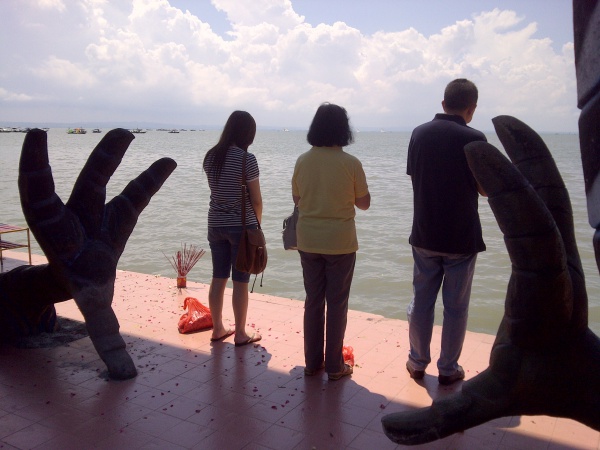Facts About Qingming Festival
The Qingming Festival, also known as Tomb-Sweeping Day, is a revered Chinese tradition celebrated by the Han Chinese across various regions. It takes place on the 15th day after the Spring Equinox. During this time, families gather to visit the graves of their ancestors, clean the sites, make offerings, and pray. This heartfelt ritual, practiced for over 2,500 years, was officially recognized as a public holiday in mainland China in 2008. The festival's origins trace back to the Cold Food Festival, which honored Jie Zitui, a nobleman renowned for his selfless dedication to his lord.
Qingming is fundamentally about honoring the departed. Families visit ancestral tombs, perform traditional rituals, and present offerings as an expression of posthumous respect and filial piety, a concept deeply embedded in Confucian values. Besides these solemn activities, people also enjoy flying kites, planting trees, and playing traditional games. Interestingly, in Chinese tea culture, Qingming serves as a key date for determining the picking times of green teas.
The festival coincides with the pleasant spring weather in China, making it an ideal time for outdoor activities like large-scale tug-of-war games, hiking, kite flying, and tree planting. Qingming also holds significant spiritual and religious meaning, with connections to Buddhist teachings on the afterlife. One of the most famous depictions of the festival is found in Zhang Zeduan's Qingming scroll, a painting that illustrates the festival's vibrancy in ancient China. Qingming has also been immortalized in Chinese literature, with numerous mentions in poems and epic tales.
Overseas Chinese communities, especially in Southeast Asia in countries like Malaysia and Singapore, continue to observe Qingming with great reverence. These communities uphold traditions that stretch back to ancient dynasties, organizing elaborate family gatherings and feasts to honor their deceased relatives and ancestors. The festival is a time for reflection, paying respect to ancestors, and family reunions, highlighting the enduring importance of filial piety and remembrance in Chinese culture.
